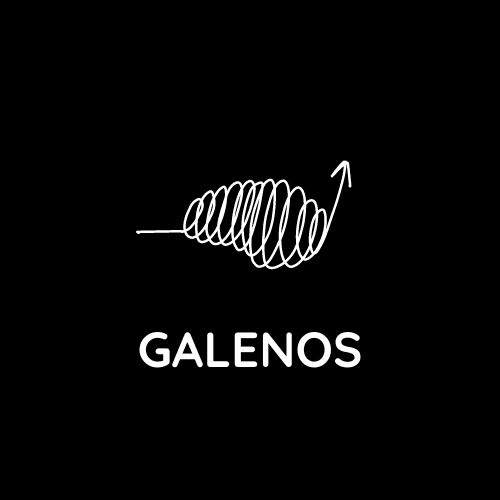Over the past decades, the progress in the treatment of depression, anxiety and psychosis has been hindered by polarized arguments based on ideology rather than evidence and high volumes of scientific publications with delayed translation into clinical practice. Additionally, the priorities of the individuals and communities directly affected have too often been ignored.
GALENOS’s approach represents a significant advancement in the field of mental health research as it integrates diverse sources of evidence with the insights from a wide range of experts.
The project takes a comprehensive approach designed to address the slow progress in diagnosing and treating mental health conditions. It aims to accelerate the translation of discovery science into effective new treatments for mental health conditions by coproducing living evidence syntheses and setting research priorities.
GALENOS’s methodology was recently presented at the University of Bern by Dr Virginia Chiocchia.
“I was really pleased to showcase the methodology of the GALENOS living systematic reviews and triangulation process at the Female Empowerment in Life Science (FELS) Research Day at the University of Bern”.
You can find the full poster in PDF format here: GALENOS methodology.

A key feature of the GALENOS methodology is the involvement of a multidisciplinary group of experts, including those with lived experience. Together these experts agree the priorities, triangulate the different sources of evidence and appraise and update the findings.
You can read more about GALENOS’s methodology here.

